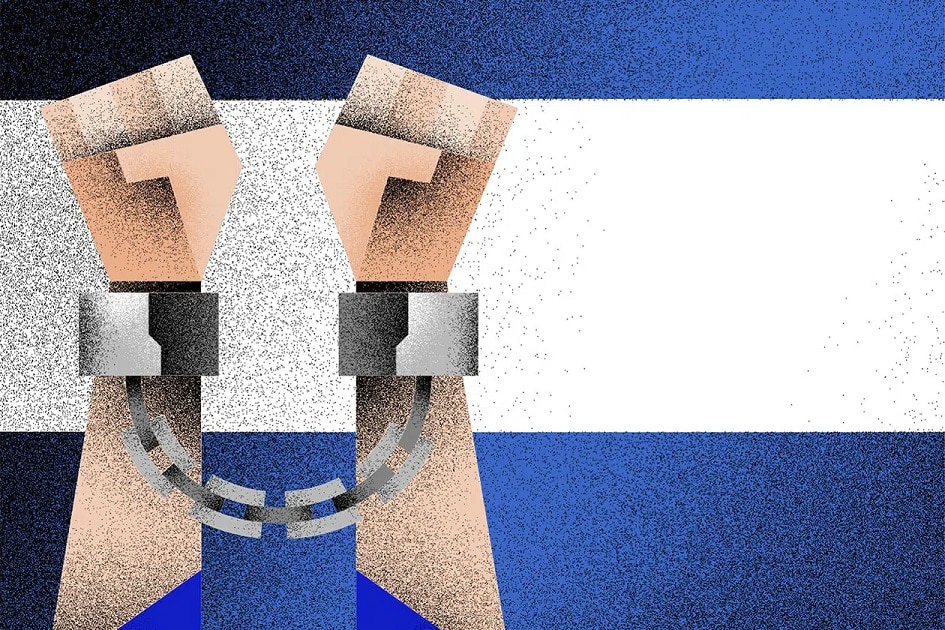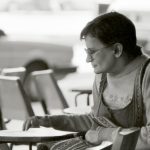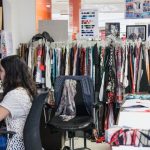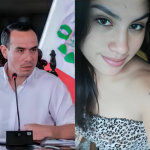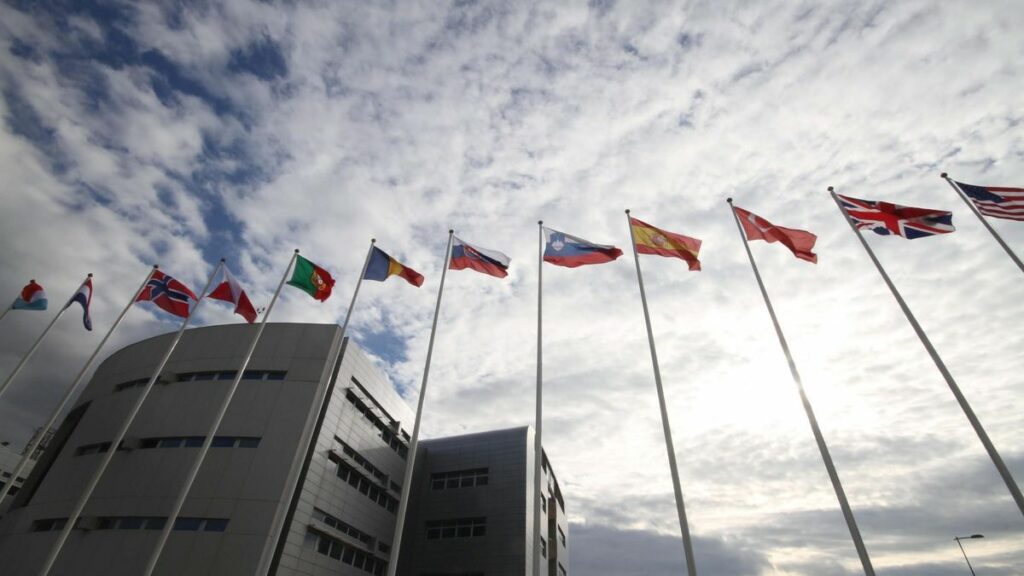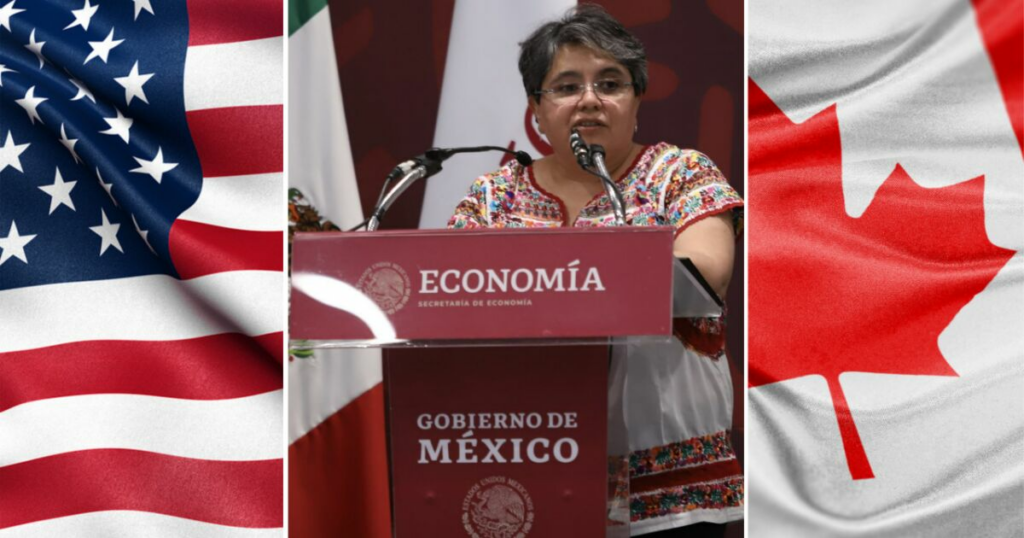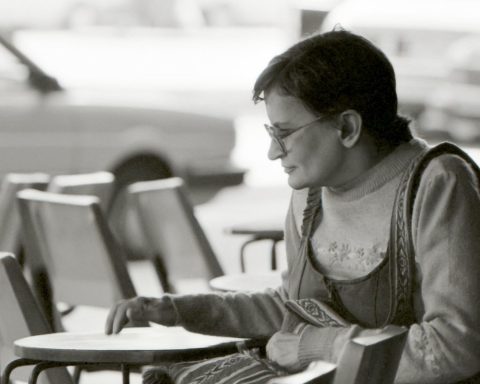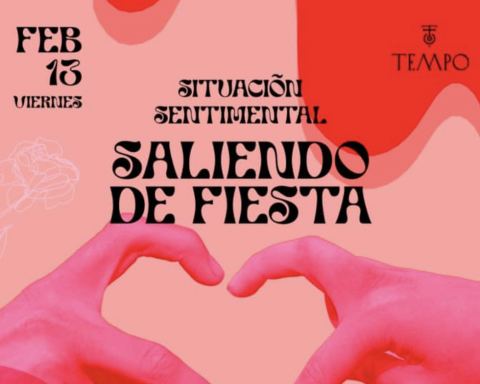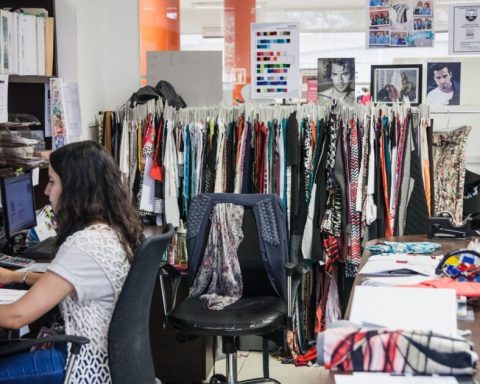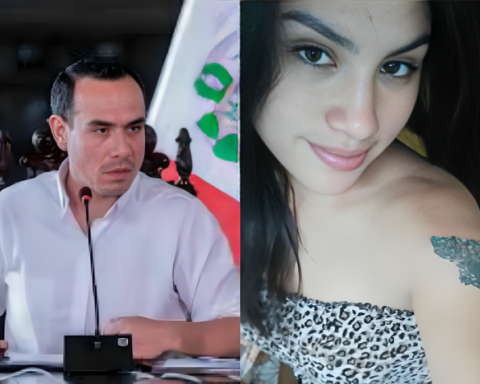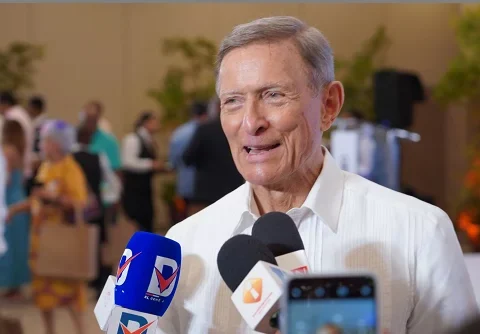A total of 25 people are the most recent political prisoners of the new repressive escalation of the dictatorship of Daniel Ortega and Rosario Murillo, in Nicaragua, executed from the end of June to mid-October 2022, and four other citizens have arrest warrants, According to a count made by CONFIDENTIAL.
The list of political prisoners includes five members or former members of the opposition Democratic Renewing Union (Unamos, formerly MRS), Monsignor Rolando Alvarezbishop of Matagalpa and administrator of the Diocese of Estelí, five priests, two seminarians and one layman from the Diocese of Matagalpa, five relatives of politically persecuted, two workers from the newspaper La Prensa and the former general manager of the now-defunct El Nuevo Diario. In addition to other priests and citizens.
Of these political prisoners, 22 are in cells of the Directorate of Judicial Assistance, known as El Chipote; meanwhile, Monsignor Álvarez remains under “house arrest” in Managua, another convicted priest is in La Modelo, and one more – arrested and accused in June – is in the Granada prison.
Escalation against media
The first people arrested by the regime in July of this year, in this new repressive attack, were two drivers of the newspaper La Prensa, imprisoned in an “arbitrary and illegal” manner since July 6, after that media outlet covered the expulsion ordered by Ortega against 18 missionaries of charity.
The Ortega Prosecutor’s Office charged both drivers with the alleged crime of “conspiracy to undermine national integrity,” and ordered the capture of a journalist and an administrative assistant, currently exiled.
The accusation against the four workers of La Prensaaccording to the electronic system of the Judiciary, was formalized on September 29 and is located in the Fifth Criminal District Court of Managua, in charge of Nalia Nadezhda Úbeda Obando.
After the arrest of the two drivers of La Prensa, the regime also unleashed a hunt against all the workers of that media outlet, especially against journalists and photographers, forcing them to go into exile and continue reporting from outside the country.
Also on July 6, although it was not in the public domain at the time, the regime had Arnulfo José Somarriba Aguilar, former manager of El Nuevo Diario, a media outlet that closed operations on September 27, 2019, imprisoned. of allegedly committing “undermining national integrity,” according to a press release from the Power of attorney disclosed on October 3 and is imprisoned in El Chipote, according to sources consulted by CONFIDENTIAL.
The regime’s attacks against the independent press have been constant in the last four years, becoming more acute in the last two years against the newspaper La Prensa. On August 13, 2021, the press facilitiesthe oldest in Nicaragua, were occupied by the National Police and hours later, at dawn on the 14th of that same month, they captured and imprisoned its general manager, Juan Lorenzo Holmann, who has been imprisoned in El Chipote for more than a year. and was sentenced to nine years in prison for the alleged crime of “money laundering”.
Subsequently, on August 23, the dictatorship made official the theft of the goods and the building of La Prensa and installed, in the confiscated building, the “José Coronel Urtecho” Polytechnic and Culture Center.

Attack on religious
A month after a constant attack against workers, journalists and former media leaders, the Ortega regime has turned to repression against the Catholic Church, imprisoning religious and lay leaders, besieging religious temples, prohibiting processions and masses.
The new onslaught began August 4thin Matagalpa, after a group of policemen surrounded the Episcopal Curia of that municipality, blocking the entrance of priests, parishioners, choir personnel and Catholic media.
The bishop of the Diocese of Matagalpa and apostolic administrator of the Diocese of Estelí, Monsignor Rolando Alvarezwent out that same day to the streets and with the Blessed Sacrament in his hands he preached, prayed and sang praises in front of a large group of police officers, pleading to continue with his religious activities.
The Regime’s Response to the requests of the religious was more repression, imprisoning Álvarez, along with eight other people, including priests, seminarians and laity, for fifteen days in the Curia, pointing out that he was being investigated for “organizing violent groups” and “executing acts of hatred ”.
On August 19, the Police of the Ortega-Murillo regime assaulted the Episcopal Curia of Matagalpa, where he kept Álvarez and the other eight people locked up, and reported, seven hours after the operation, that the religious was subjected to “home protection” in Managua and now, more than a month later, his condition is publicly unknown and he continues under “ House for jail”.
Seven of the eight collaborators of the religious leader, who remained locked up in the Curia for 15 days, were transferred to El Chipote.
Until now, a formal accusation against Álvarez is unknown, however, the other seven people who were with him have already been accused of “conspiracy” and “propagation of false news”, with fabricated evidence.
The seven defendants are: priests Ramiro Tijerino Chávez, rector general of the Juan Pablo II university; José Luis Díaz Cruz, vicar of the Cathedral of Matagalpa and that of his predecessor Sadiel Antonio Eugarrios Cano, deacon Raúl Antonio Vega, seminarians Darvin Leiva Mendoza and Melkin Centeno, and photojournalist Sergio Cadena Flores.
The accusation It was presented on September 21 by prosecutor Manuel de Jesús Rugama, who has excelled in persecuting political prisoners, as has Judge Nalia Nadezdha Úbeda Obando, of the Fifth Criminal Court District of Managua.
Newspaper reports have revealed that the seven religious and lay people are overcrowded in El Chipote and have been subjected to isolation and constant interrogations.
Raid against Unamos
In September, the Ortega-Murillo regime launched its repressive attack against members of the Unión Democrática Renovadora (Unimos, formerly the Sandinista Renovating Movement: MRS). The political group denounced the arrest of its members: Orlando Campos and Raúl Oporta.
Campos was detained at his home in Juigalpa, Chontales, and Oporta at his residence in Nueva Guinea. Both arrests occurred on September 4 during a police operation.
Currently, both members of Unamos are imprisoned in El Chipote. However, it is unknown if Campos and Oporta were charged with any crime.
Recently, regarding the month of imprisonment that Campos and Oporta served, they demanded “immediate freedom” through their social networks, but did not detail if their members have been accused of any crime.
Subsequently, on September 11, the regime ordered the capture of Nicolás Palacios Ortiz, 65, recognized for having been, in 2008, a leader of the MRS in León. Unamos did not denounce the arrest of Palacios Ortiz, so it is unknown if he continues to be part of that group.
CONFIDENTIAL learned that the political activist is also in El Chipote. In addition, it was identified that Palacios Ortiz, on April 18, 2018, was the victim of attacks directed by the Ortega mobs during the social protests in León, in rejection of the social security reforms that Ortega had imposed to the detriment of the insured income.
Videos published on social networks on April 18, 2018 show the aggression suffered by the old man by people related to the FSLN.
On October 3, almost a month after the arrest, the Judiciary reported that Palacios Ortiz was accused of allegedly committing the “crimes of conspiracy to undermine national integrity and propagation of false news through information technology. and communication to the detriment of the State and Nicaraguan society.”
In addition, it reported that Hugo Ramón Rodríguez Flores, arrested on September 15, and Adolfo Ramón García Ramírez, captured on September 17, were also charged with the same crimes.
It is publicly unknown whether Rodríguez Flores and García Ramírez are also part of the Unamos political group. CONFIDENTIAL learned that both are also in the cells of the Directorate of Judicial Assistance.
Relatives of persecuted used as hostages
In the context of the wave of arrests of members of Unamos, five relatives of politically persecuted persons – who are already in exile – were also captured, turning these arrests, in the opinion of human rights defenders, into a new repressive method so that the “Opposers who fled the country surrender.”
From exile, the politically persecuted Javier Alvarez Zamora He denounced, on September 17, that the regime kidnapped his wife Jeannine Horvilleur Cuadra, 63 years old, his daughter Ana Carolina Álvarez Horvilleur, 43 years old, both of Nicaraguan-French nationality, and his son-in-law Félix Roiz Sotomayor, 55 years old.
The arrest of the three relatives of Álvarez Zamora occurred on September 13 and 14, after the police searched for the politically persecuted man in his home.
The opponent pointed out that the regime applies “a new level of repression” in which “if we don’t catch you, your family is the one who is going to pay.”
In addition, he stressed that none of his three relatives “have to be captured” because “they have not committed any crime.” “I have not committed any crime either, I am not a criminal, I am not a dangerous person. I am not a dangerous element and this is for me an extraordinary level of inhumanity and repression because when they do not find me they take them detained to the cells of El Chipote”, he added.
Alvarez’s relatives were charged of “conspiracy to undermine national integrity and propagation of news.” Álvarez Zamora was accused of the same crimes as his relatives and has an arrest warrant issued by the Ortega justice system.
The Judiciary also reported that Gabriel Alfonso López del Carmen, 34, was also accused on September 30 of “undermining national integrity”, as was his mother Andrea Margarita del Carmen Ibarra, activist and member of Unamos, to which the Ortega justice also issued an arrest warrant.
Andrea Margarita affirmed, in interview with CONFIDENTIALthat the arrest of her son “is the cruel response of the regime to the impossibility” of capturing her, because, she revealed, she had to take shelter outside the country and when the police came to look for her, on September 14, they only found her son and his mother.
“My son lives in Matagalpa, but I asked him to come take care of my mother for a few days, since she is an elderly woman and is sick. They took him hostage, and now they’re unfairly prosecuting him. What can they accuse him of? They know perfectly well that my son has no ties to political activities, and therefore they must release him,” he said.
Another of the relatives detained by the regime is Freddy Martín Porras García, brother of Dulce María Porras, 71, exiled in Costa Rica.
Porras García was captured on September 15, in a police operation at his residence in Jinotepe, Carazo. Currently, he is in the Directorate of Judicial Assistance also accused of “conspiracy to undermine national integrity and propagation of false news.”
The Ortega and Murillo regime keeps more than 200 people imprisoned for political reasons in Nicaragua. National and international organizations have demanded the immediate release of each of these citizens and denounced that they suffer torture, cruel and degrading treatment, and are subjected to inhuman prison conditions that are outside any international standard.
